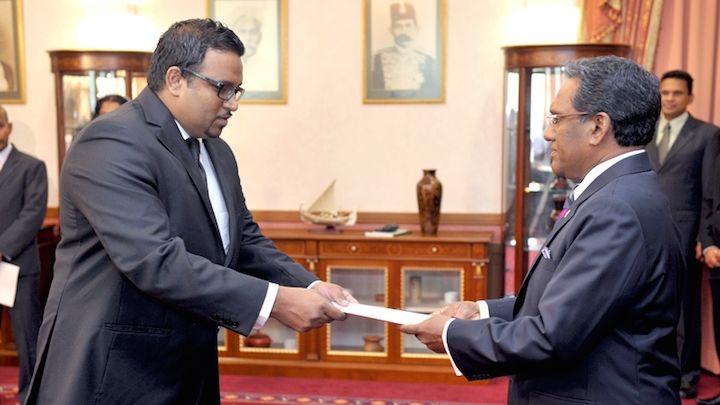Audit uncovers discrepancies in tourism ministry’s financial records
The tourism ministry’s audit report for 2013 has revealed shocking discrepancies amounting to more MVR300,000 (US$19,400) in the records of income collected from the billion-dollar Maldivian tourism industry during the financial year in review.

26 Mar 2016, 09:00
The tourism ministry’s audit report for 2013 has revealed discrepancies amounting to more than MVR300,000 (US$19,400) in the records of income collected from the billion-dollar Maldivian tourism industry.
The audit found discrepancies between the ministry’s income registry and daily and monthly reports in 2013. While the registry showed that MVR1 million (US$64,850) was collected as lease transfer and sub-lease transfer fees, only MVR771,000 (US$50,000) and MVR842,450 (US$54,600) were stated, respectively, in the daily and monthly income records.
Similar inconsistencies were discovered in the daily and monthly records for guest house registration fees, mortgage registration fees, cruising permits, tour guide pass registration fees and vehicle and vessel registration fees.
As a result, the Auditor General’s office said it could not verify whether the MVR8.6 million (US$557,700) recorded as income by the ministry in 2013 was an accurate figure. The report did not either specify possible reasons for the financial discrepancies or implicate ministry officials in misappropriation of funds.
Become a member
Get full access to our archive and personalise your experience.
Already a member?
Discussion
No comments yet. Be the first to share your thoughts!
No comments yet. Be the first to join the conversation!
Join the Conversation
Sign in to share your thoughts under an alias and take part in the discussion. Independent journalism thrives on open, respectful debate — your voice matters.




